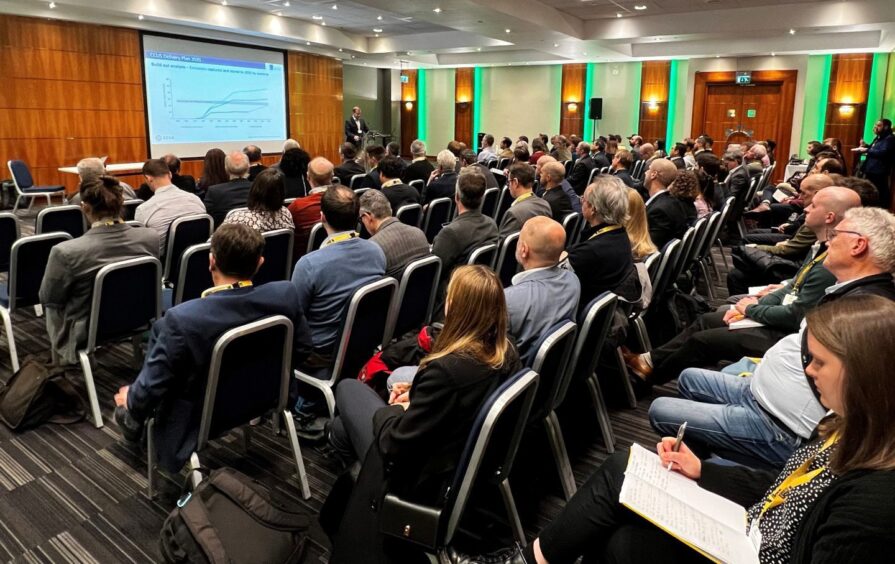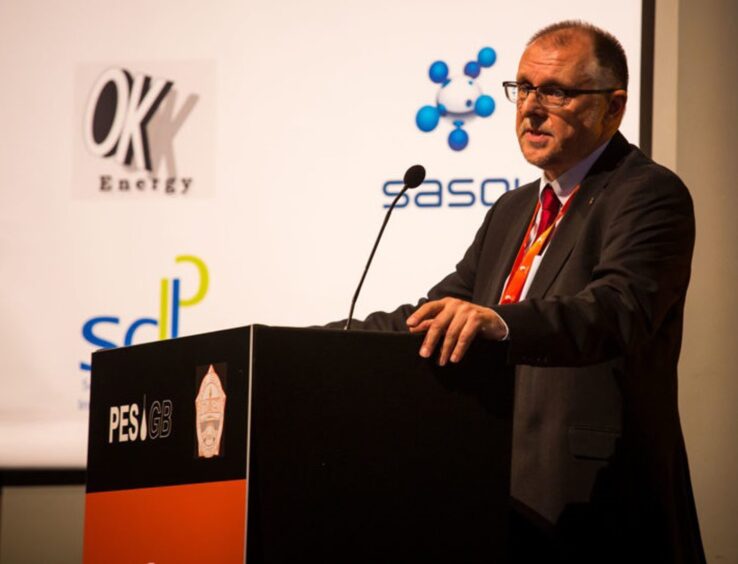
With political and legal support for carbon capture and storage (CCS) aligning, the technical side “has got to be ready”, Kevin Dale, carbon manager at Sasol has said.
Dale was talking ahead of GESGB’s CCS4G Symposium 2023, which is to be held next month, in London.
The world will continue to need energy, to maintain modern lifestyles, the Sasol manager said. “The world will not stop using steel and cement. The only way to provide that significant amount of energy is through oil and gas – but to do so we will need to put away significant quantities of CO2.”
The event is aimed at geoscientists, who will gather to hear about projects under way and those in the planning stages.
The International Energy Agency (IEA) has called for the capture of 1 billion tonnes per year of CO2 by 2030. Currently, the world is capturing around 41 million tonnes per year.
Activity is picking up, though. “We’re at the tens of project plans, we’ll be at the hundreds by next year,” Dale said. “The industry will rival the scale of oil … it has to be done and the implications for employment are striking.”
There are hurdles to overcome, but there have been some positive signs. One challenge is around cross-border transportation for CO2, which will be essential to overcome to develop the European industry.
Søren Reinhold Poulson, from INEOS, is due to talk about Project Greensand, which takes CO2 from the Netherlands and stores it in Denmark’s offshore.
The North Sea has substantial potential for CCS. Nick Richardson, from the North Sea Transition Authority (NSTA), will talk about distributed storage in the region.
Best projects
Storegga is one company with international ambitions. The company is pursuing the Acorn project, in Scotland, but also has plans in the US, home of the much-discussed Inflation Reduction Act (IRA). Catherine Witt, head of technical at the company, will talk about evolving an international CCS portfolio.
While IRA has attracted hundreds of plans to the US, Dale called for CCS plans to move forward globally. “The world is not just North America and Europe,” he said. “We need the best projects in the best places, not just in the best tax regimes.”
One potential lever for change are proposals to implement policies such as the Carbon Border Adjustment Mechanism (CBAM). Such policies could help drive global progress in capturing CO2, in order to allow manufacturers to continue exporting to key markets.
The theme for this year’s symposium is collaboration, with government and industry figures in attendance.

 © Supplied by GESGB
© Supplied by GESGB